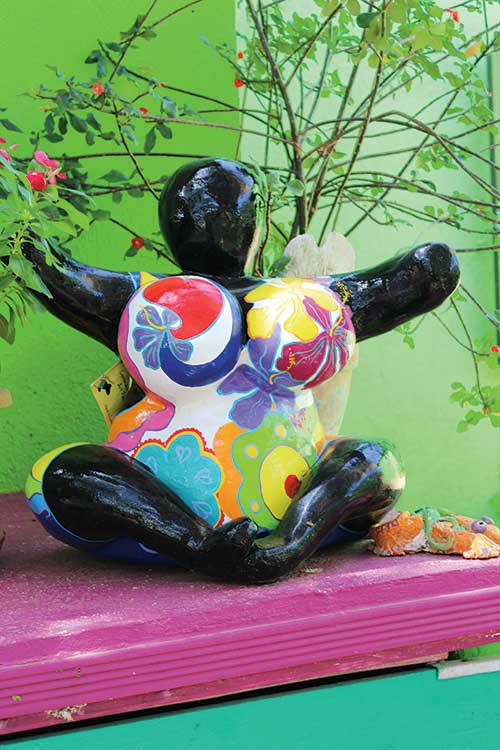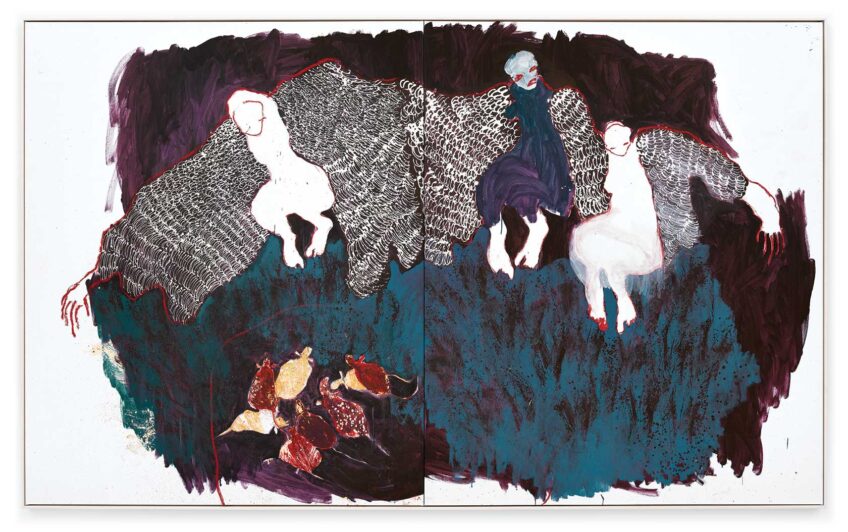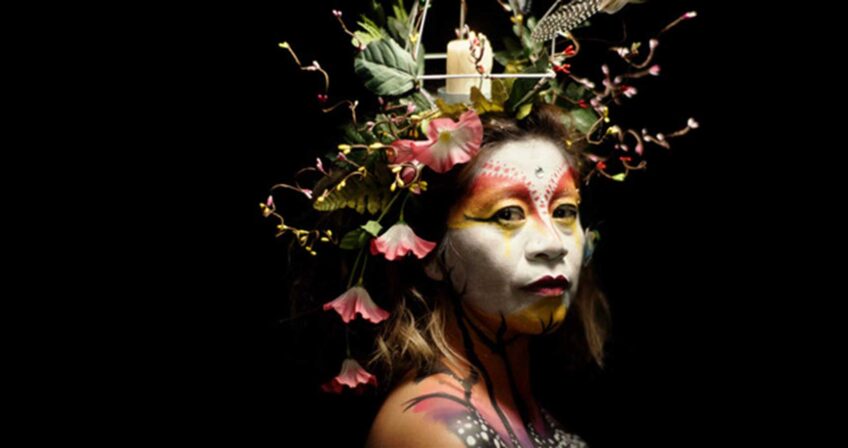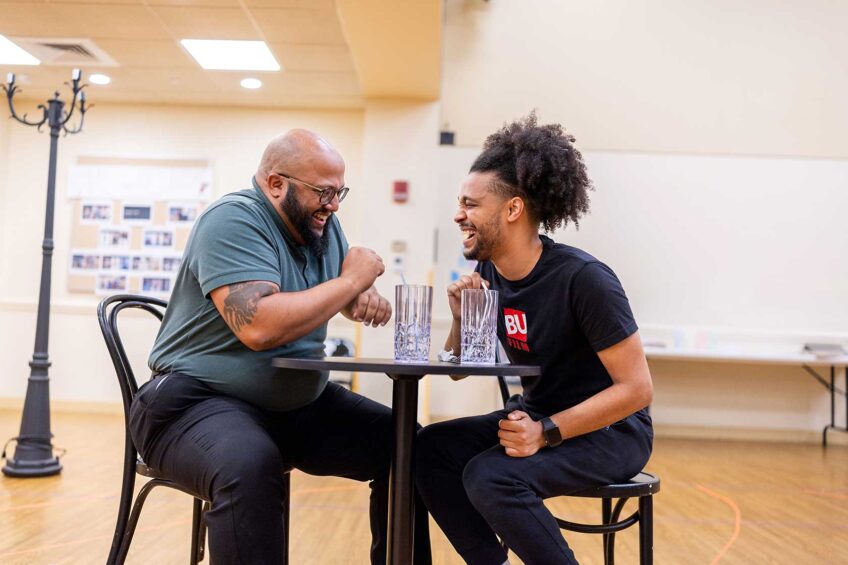The Strong Sister
ART WORKSHOP CELEBRATES WOMANHOOD, CREATES JOBS IN COUNTRY OF CURACAO

The island of Curacao, located in the Caribbean just off the coast of Venezuela, represents a unique melding of cultures. The native inhabitants, the Amerindian Arawaks, migrated from South America 6,000 years ago. Latin American influence is still an essential part of the nation. In the 16th century, the Netherlands colonized the island, bringing their own heritage with them. To this day, locals speak a standard four languages: Papiamentu, the native tongue of the island, Dutch, Spanish and English.

Author: Celina ColbyChichi figures in a workshop in Curacao.

Author: Celina ColbyChichi figures in a workshop in Curacao.
When artist — or as she thinks of herself, craftsman — Serena Janet Israel came to Curacao, she wanted to create a signature island art piece that reflected the local inhabitants and stood free of the negative history of colonization. What emerged was the Chichi®, a bodacious black female figure wearing brightly colored, painted-on clothing. “Chichi” in Papiamentu means “big sister” but the sculptures represent all strong female figures.
The name was chosen not just for its familial comfort, but also because the word was invented post-slavery. “Chichi is historically a concept that has existed only for the last hundred years,” says Israel. “There are still chains in Curacao, but Chichi doesn’t touch that pain.”
The physical structure of the Chichi® reflects this same sense of love and freedom. Though there are several designs in play, the classic Chichi® sits cross-legged with her arms wide open as though beckoning the viewer in for a celebratory hug. She’s curvy all over in an allusion to the Austrian Venus of Willendorf, a famous fertility statue circa 28,000 B.C., known for its round stomach and breasts.
Israel’s background is in moldmaking, and so each sculpture is cast in a plaster mold. Then they are sanded down and hand-painted by one of 62 local female artists involved in Israel’s workshop. In this way she offers women the opportunity to support themselves independently through artistry. When a Chichi® is purchased, the buyer finds a number on the bottom of the sculpture. This number indicates the artist who painted the work. Online, art lovers can match their artist to their sculpture and read about her.
In addition to Chichi® production, Israel’s workshop hosts painting classes for guests to visit and create their own sculptures. She describes the workshops as an almost meditative experience. Soft music plays, painters exchange stories and the positive sensations of the sculpture imbue the environment. “Painting is very healing,” says Israel. “Take your yoga mat and go to the beach, but also come to my workshop and paint a Chichi®.”







